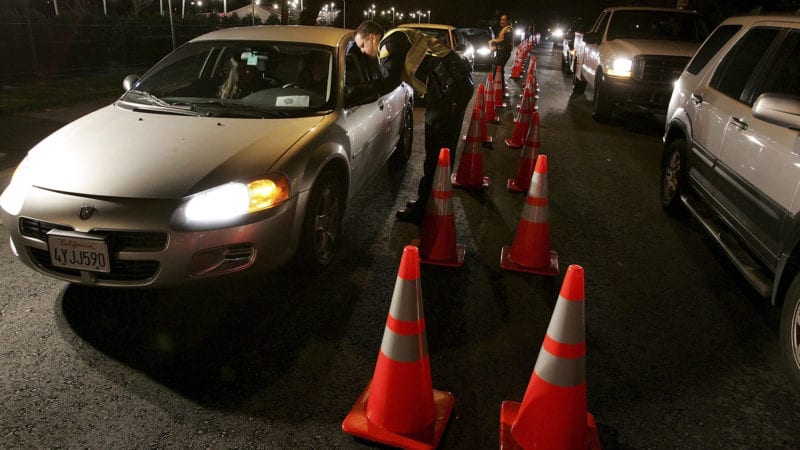
Did you Perform Field Sobriety Tests?
 Peace officers use field sobriety tests to help establish probable cause for making a DUI arrest. In most circumstances, the peace officer has already made his/her decision regarding the arrest, prior to requesting a suspect to complete field sobriety tests. If the suspect performs poorly on the tests, the officer uses the results as additional evidence to establish a driving under the influence arrest. It is important to note that field sobriety tests are voluntary, and a skilled defense attorney would recommend a person to politely refuse to submit to the field sobriety tests.
Peace officers use field sobriety tests to help establish probable cause for making a DUI arrest. In most circumstances, the peace officer has already made his/her decision regarding the arrest, prior to requesting a suspect to complete field sobriety tests. If the suspect performs poorly on the tests, the officer uses the results as additional evidence to establish a driving under the influence arrest. It is important to note that field sobriety tests are voluntary, and a skilled defense attorney would recommend a person to politely refuse to submit to the field sobriety tests.
Some of the most frequent tests peace officers administer to determine a suspect’s level of impairment are: horizontal gaze nystagmus, walk and turn, one leg stand, rhomberg, reciting the alphabet, hand pat, and fingers to thumb. There are only three field sobriety tests which have been standardized and regulated by the National Highway Traffic and Safety Administration (NHTSA). The three standardized field sobriety tests (SFSTs) are: horizontal gaze nystagmus, walk and turn, and one leg stand.
The results of the field sobriety tests can be challenged in Court and at the APS hearing for a variety of reasons including, but not limited to: uneven surface, poor lighting, weight, age, shoes, medical conditions, and most importantly improper instructions. Unless you are represented by an experienced DUI advocate knowledgeable in the administration of these tests, you may be unable to challenge your results. Kellee Parker of the Parker Law Center has been qualified by NHTSA to administer standardized field sobriety tests. It is this training that will enable her to fully evaluate your case and prepare a defense to challenge the admissibility of the test results. You will not find a more dedicated attorney in Southern California than Kellee Parker of the Parker Law Center. Call Today!
